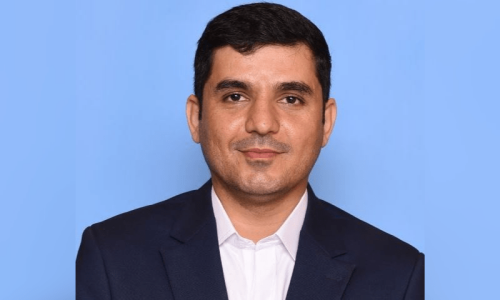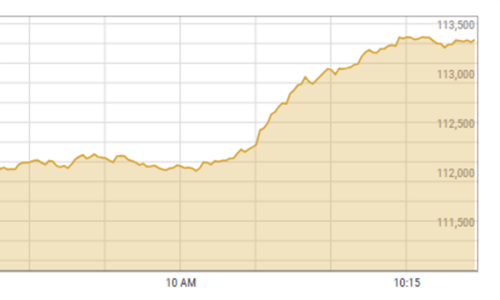LONDON: ‘Are our societies set up to fail women who don’t have privilege?’
This and other questions about women in the workforce were raised at a session titled ‘Power Women in South Asia’ at the Pakistan Literature Festival, held here on Saturday.
The conversations ranged from power dynamics to gender bias at workplaces, and speakers shared their own experiences of how they navigated leadership positions in a male-dominated world.
“What you come across is not so much institutional bias but the reverse. I had to go above and beyond to prove myself, as people wonder if you are entitled and only there because you are a family member,” Saira Awan Malik, president of logistics company TCS said.
Speaking of the challenges she faced in transitioning her career from law to the family business, she endorsed the importance of women in leadership, since they tend to be more collaborative, empathetic, and better communicators.
Speakers at PLF session call for more women leaders to defeat gender bias at workplaces
“The people that I work with are almost all men, though we have one female CFO. We are trying to recruit [more] women in senior leadership positions,” she said.
Bushra Zulfiqar, the youngest global director at INGO Save the Children talked about the unrealistic standards set for women at organisational levels, which hold back their progress as leaders and limit their potential.
“For an organisation to flourish, it’s important to have women from diverse backgrounds. But one of the problems is that women are held to higher standards than men. Mindsets remain patriarchal despite progress on paper,” Ms Zulfiqar said, pointing out that out of 5,000 companies, a mere 10 per cent have women in leadership positions, and only 1pc of those are women of colour.
Fatima Asad-Said, CEO of Abacus Consulting, highlighted the importance of self-sufficiency. She emphasised her point by quoting an example of a woman who took Rs10,000 loan from the Kashf Foundation after becoming a widow and started a small business. “Now, 15 years later, the mohalla that shunned her goes to her for advice,” she narrated.
Sadaf Saaz, producer of Dhaka Lit Fest talked about the need for support from government, employers, and civil society to pave the way for women in leadership positions. She also spoke of the role of women’s groups in pressurising the system to take practical measures toward the career security of women.
“In Bangladesh, there is hope as I have seen how the garments industry has had a positive change in women’s lives. One of the policies we enacted was to give higher paying jobs to women, and give them daycare till their kids were at the age of four,” Ms Saaz said.
Loveleen Kacker, a former Indian civil service officer highlighted the importance of education for women in South Asian countries. She acknowledged that an average woman from the region struggles with different challenges, such as lack of education, proper nutrition, and early marriages. She also said that women of privilege such as herself must give back to help those in need.
The panel at the session moderated by lawyer Sulema Jehangir, featured four speakers from Pakistan, one from India, and one from Bangladesh. Ms Jehangir also shared her personal experiences attached to the social, biological, and cultural realities of women in South Asia as they go to work, remain working as mothers, and strive for career progression.
Organised by Bloomsbury Pakistan and Lightstone Publishers, the day-long event at Conway Hall was well-attended by visiting Pakistanis and members of the Pakistani diaspora.
Published in Dawn, June 18th, 2023












































Dear visitor, the comments section is undergoing an overhaul and will return soon.